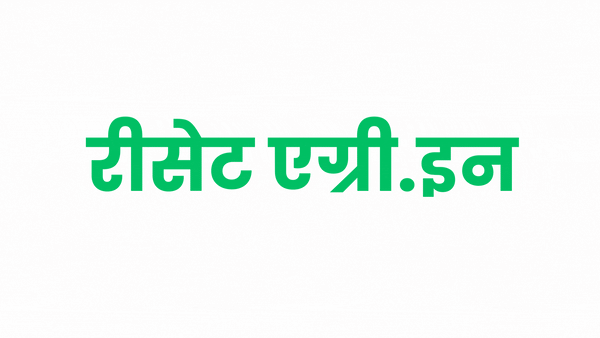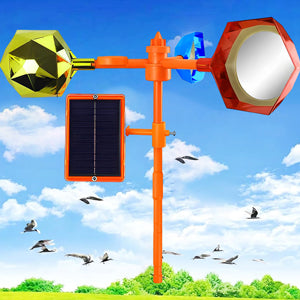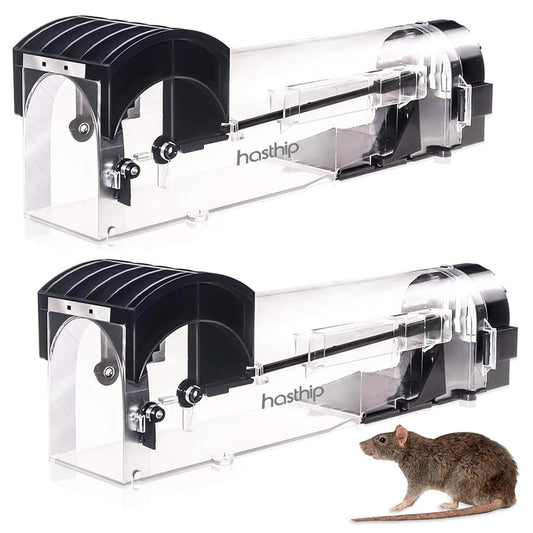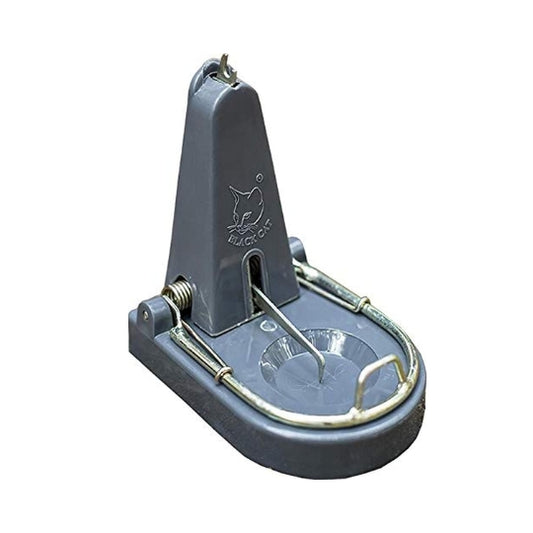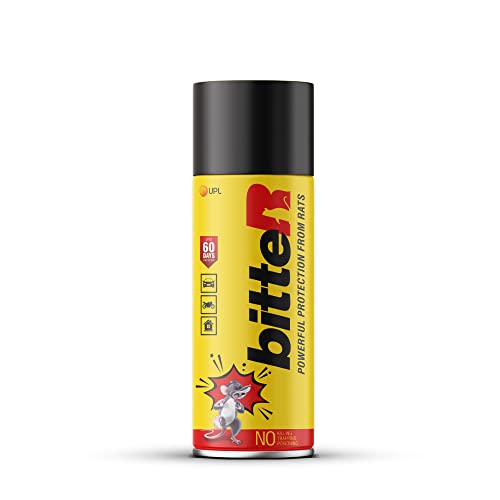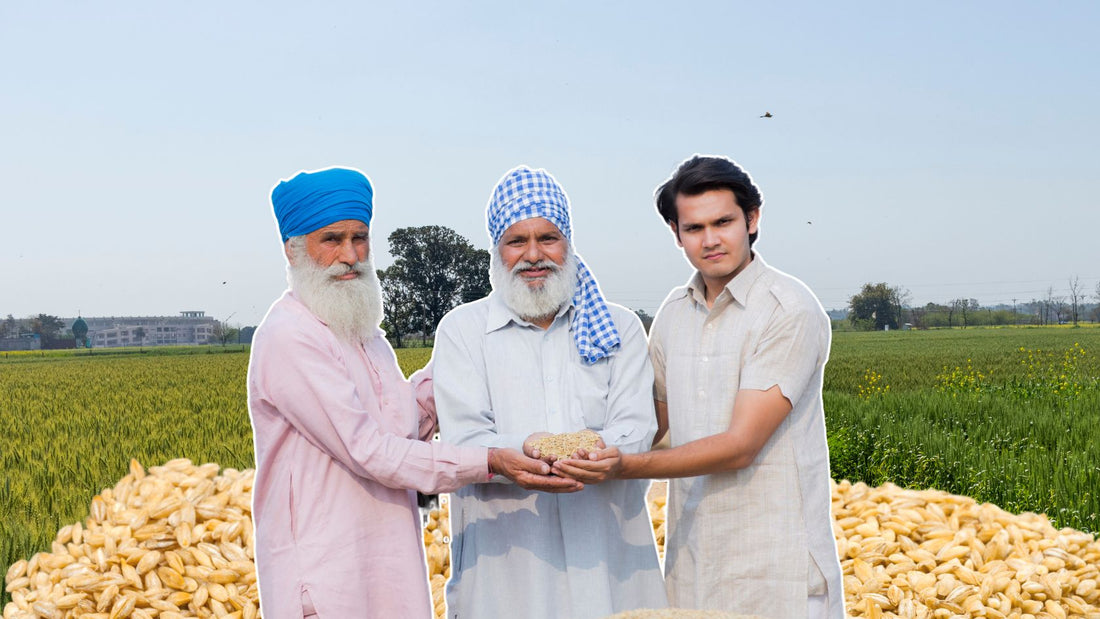
Punjab's Wheat Prowess: Maintaining the Edge and Boosting Farmer Incomes
Share
Punjab, often hailed as India's "breadbasket," has consistently led the nation in wheat productivity. The state's farmers have achieved remarkable yields, contributing significantly to India's food security. However, in the dynamic world of agriculture, resting on past laurels is not an option. Let's explore Punjab's wheat scenario, compare it with global benchmarks, and outline strategies to sustain high yields and enhance farmer incomes.
Punjab's Wheat Landscape: A Legacy of Productivity
Punjab's farmers have consistently demonstrated their expertise in wheat cultivation, achieving yields that surpass the national average. The state's fertile soils, favorable climate, and access to irrigation have played a crucial role in this success. However, the global agricultural landscape is evolving rapidly, and Punjab must continue to innovate to maintain its leadership position.
Global Yield Comparisons: The Pursuit of Excellence
Setting the Bar High: Countries like the Netherlands and Belgium continue to push the boundaries of wheat yield, achieving over 8 tonnes per hectare. Their success stems from a combination of factors, including advanced agricultural practices, favorable climate, and robust infrastructure.
Punjab's Performance: Punjab's average yield of 5.52 tonnes per hectare is commendable and significantly higher than the national average. However, there's still room to bridge the gap with the global leaders.
Factors that Enhance Wheat Yields
Seed Selection: Choose high-yielding, disease-resistant wheat varieties that are well-suited to Punjab's climate and soil conditions. Stay updated on the latest seed technologies and consult agricultural experts for recommendations.
Nutrient Management: Implement balanced fertilization practices based on soil testing and crop nutrient requirements. Consider using organic manures and biofertilizers to improve soil health and nutrient availability.
Water Management: Optimize irrigation practices to ensure efficient water use. Adopt technologies like drip or sprinkler irrigation to reduce water wastage and improve water-use efficiency.
Weed and Pest Control: Implement integrated weed and pest management strategies to minimize yield losses. Focus on preventive measures and judicious use of pesticides.
Mechanization: Utilize modern agricultural machinery for land preparation, sowing, harvesting, and other operations to improve efficiency and reduce labor costs.
Crop Diversification: Explore opportunities to diversify your cropping pattern to include other remunerative crops. This can help mitigate risks associated with market fluctuations and enhance income stability.
Guidelines for Improved Income
Value Addition: Consider processing wheat into value-added products like flour, bread, or other bakery items to fetch better prices in the market.
Market Access: Establish direct linkages with buyers or participate in farmer producer organizations to bypass intermediaries and secure fair prices for your produce.
Government Schemes: Utilize government schemes and subsidies for seeds, fertilizers, irrigation, and agricultural machinery.
Sustainable Practices: Adopt sustainable farming practices like conservation agriculture and organic farming to reduce input costs, improve soil health, and enhance the long-term viability of your farm.
Skill Development: Participate in training programs and workshops to stay updated on the latest agricultural technologies and market trends.
Conclusion
Punjab's farmers have a proud legacy of wheat cultivation, and their contribution to India's food security is invaluable. By embracing innovation, adopting sustainable practices, and focusing on value addition and market access, Punjab's farmers can continue to lead the way in wheat production and secure a prosperous future for themselves and their communities. Remember, the pursuit of excellence is an ongoing journey, and by staying informed and adaptable, Punjab's farmers can ensure continued success in the dynamic world of agriculture.
